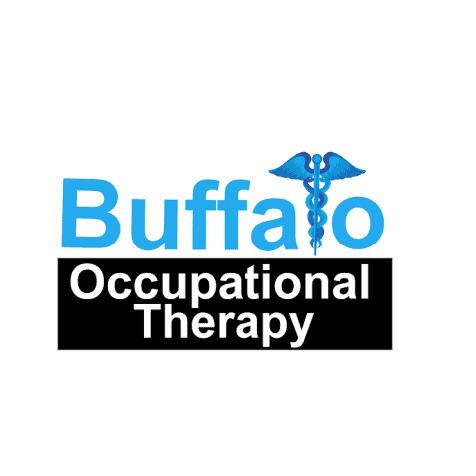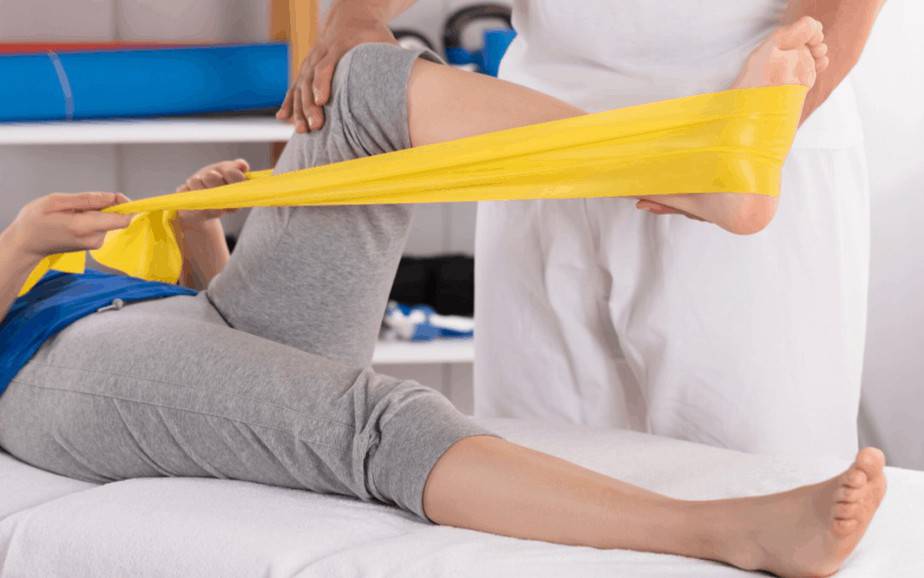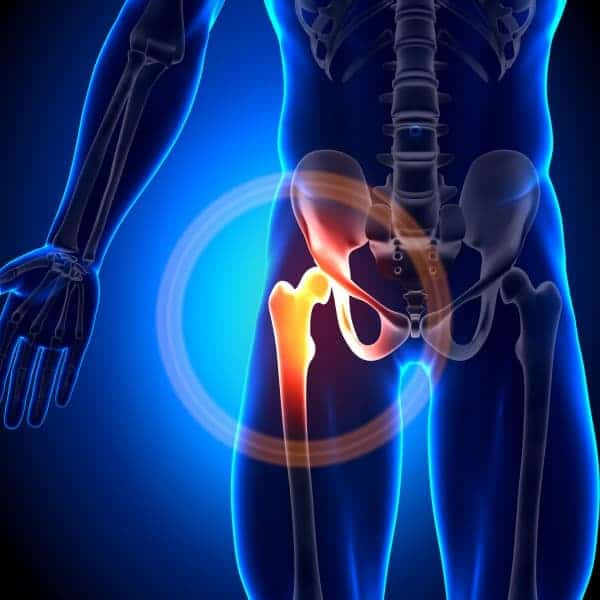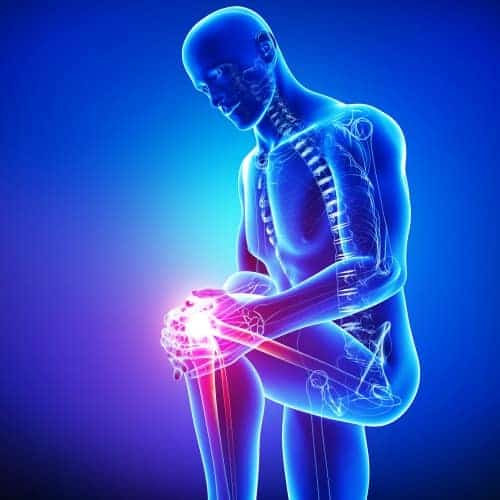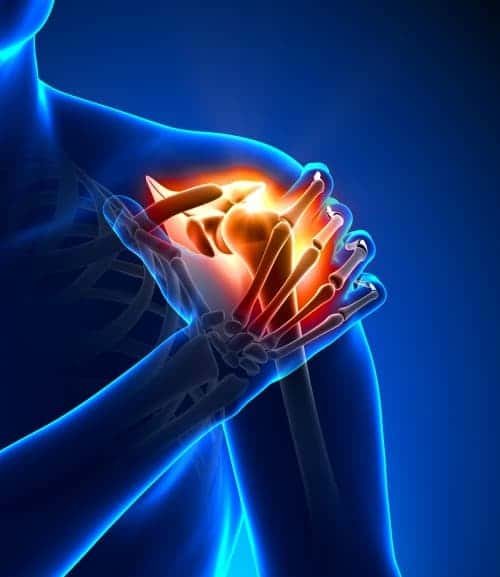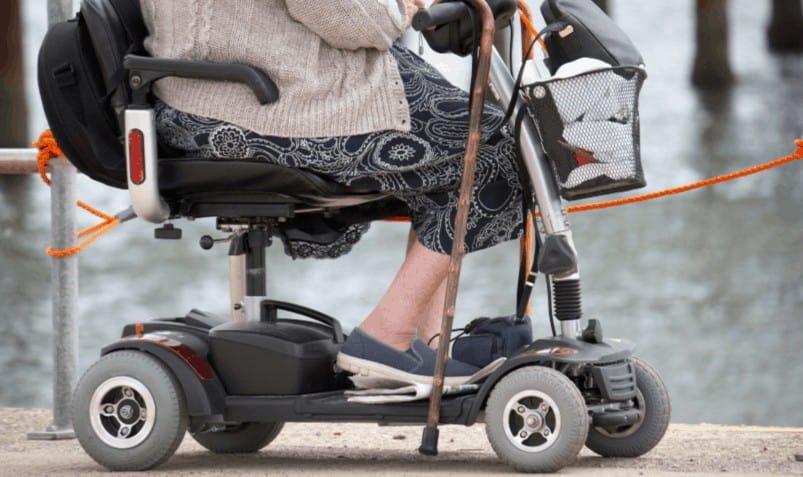Joint Replacement Rehabilitation
Authored by Michelle Eliason, MS, OTR/L, CKTS, C.D.S.
What is the role of outpatient occupational therapy for a joint replacement?
Outpatient occupational therapy, like every other outpatient rehabilitation, is a specialized area of rehab that makes the ability to recover more accessible for you when you return home. Occupational therapy uses a hybrid approach to rehabilitation which begins by correcting the physical aspects of joint rehabilitation and ends with ensuring you can accomplish all of the activities you find meaningful in your daily life.
How are joint replacement surgeries conducted?
What are the different types of joint replacement surgeries?
Meaningful activities [occupations] affected after joint replacement surgery.
Total hip replacement
- Getting up and down from a chair or bed
- Walking around your home or the community
- Carrying a child or groceries while maintaining precautions or getting stronger
- Standing for extended periods of time at the sink or stove
- Putting on your pants, socks, and shoes while maintaining precautions
Total shoulder replacement
- Putting on your shirt or jacket
- Driving
- Fulfilling caregiving roles
- Showering
- Shoveling (in winter)
- Writing (with non-dominant hand)
Total knee replacement
- Getting up and down from a chair or bed
- Walking around your home or the community
- Getting into and out of your bed
- Carrying a child or groceries while maintaining precautions or getting stronger
- Standing for extended periods of time at the sink or stove
- Putting on edema sleeves or compression garments
What are some questions you can ask your doctor before committing to a joint replacement surgery?
- Is this joint replacement surgery 100% necessary, what are some alternative options?
- What is the recovery time and what is the realistic level of pain I will be in while I recover?
- How will my range of motion be affected after this procedure? Will it be back to the normal I expect? Or will I always have some range of motion changes?
- Can I expect to be 100% after recovery?
- How long is rehabilitation for this replacement? Should I have someone lined up before my procedure?
- Should my occupational therapist conduct a pre-joint replacement assessment of my house and condition in order to establish a prior level of function and give me advice?
What are some problems occupational therapy can address?
- Your ability to move (upper and lower body mobility)
- Range of motion including effects of a joint contracture, spasticity, or flaccidity
- Upper body and lower body physical function
- Mobility (walking and getting up from a chair)
- Balance
- Cognitive function
- Your ability to take care of your own personal care (ADLs)
- Your ability to complete essential activities for independence (IADLs)
- Learning techniques to improve your planning, reasoning, and organization
- Getting into and out of your home
- Working and returning to work
- Wheelchair Assessments and Positioning
- Community Mobility
- Remaining independent in your home
- Addressing personal concerns, worries, and psychosocial barriers that may be preventing rehabilitation progress
Check out other problems we help resolve!
Helpful Page Definititions
Instrumental Activities of Daily Living (IADLs)
Instrumental Activities of Daily Living (IADLs) are essential for independence in life roles and required for aging in place. There are 8 activities core activities for independence including cooking, cleaning, communication, taking and managing medication, handling your personal finances, transportation and community mobility, shopping
Cooking - The ability to follow a recipe and having the stamina to prepare a meal for yourself and/or your family
Cleaning - The ability to perform light housekeeping including making your bed, doing your laundry, washing the dishes, taking out the trash, vacuuming, sweeping, cleaning your bathroom, etc.
Communication - The ability to use the telephone, the computer, have conversations with people (familiar and strangers), communicate your needs clearly.
Taking medication - The ability to sort and organize your medication or determine a compensatory method to do so as well as taking the appropriate dosage at the appropriate time.
Personal Finances - The ability to establish an organization method to understand financial responsibilities and pay your bills on time.
Transportation - Whether you are driving, calling for a driving service like a taxi or Uber, or taking public education. You must have a defined action plan for community mobility and transportation.
Shopping - The ability to plan transportation, plan a grocery/clothing list of needs for yourself and your home, have the stamina to collect your items at the store, and be able to get them into your house.
Activities of Daily Living
Occupational therapists are trained in occupations and activity analysis. An occupation is an activity that you believe is important to your life. There are many levels of occupations, but activities of daily living (ADLs) are the most personal activities and are usually the ones people find most important if they were to lose the ability to complete them.
ADLs include:
- Bathing and showering
- Getting dressed
- Going to the bathroom
- Walking and getting up and down from a chair or car
- Eating and swallowing
- Feeding
- Sexual activity
- Personal hygiene and grooming
- Being able to use personal care devices like adaptive equipment and durable medical equipment
